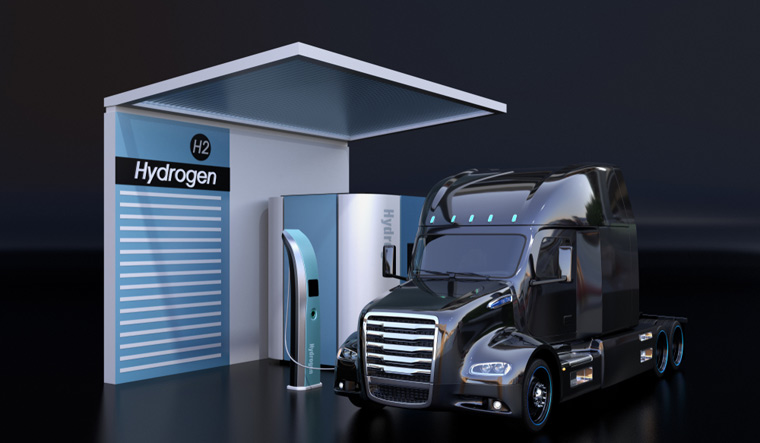The Department of Energy (DOE) has unveiled a groundbreaking initiative to accelerate the development of the hydrogen industry in the United States. The DOE announced that seven projects will receive a total of $7 billion in funding to establish regional "hydrogen hubs" across the country. This move is a significant step towards achieving the Biden administration's ambitious climate goals and transitioning to a clean energy economy.
The establishment of hydrogen hubs is a crucial component of the Biden administration's climate agenda. The funding provided by the DOE is expected to help reduce carbon dioxide emissions by 25 million metric tons annually, which is equivalent to removing 5.5 million gasoline-powered vehicles from the road each year. These hubs will serve as demonstration sites for the production, storage, transport, and consumption of hydrogen.
The selection of these seven projects is expected to propel the U.S. hydrogen sector forward, which currently relies heavily on fossil fuels. The Biden administration aims to produce 10 million metric tons of "clean" hydrogen annually by 2030, which could potentially reduce U.S. greenhouse gas emissions by up to 20 percent in the coming decades.
Hydrogen can be produced through various methods, including extracting hydrogen atoms from water and combining them with oxygen in a fuel cell. When powered by renewable energy, this process is considered "green." Hydrogen can also be blended and co-fired with natural gas, known as "blue hydrogen," if the carbon emissions are captured at the gas plant. The administration considers both methods to be "clean," although there are ongoing debates about the environmental impact of blue hydrogen.
The seven selected projects, known as the Mid-Atlantic Hydrogen Hub, Appalachian Hydrogen Hub, California Hydrogen Hub, Gulf Coast Hydrogen Hub, Heartland Hydrogen Hub, Midwest Hydrogen Hub, and Pacific Northwest Hydrogen Hub, are a mix of private sector groups and state governments. Each hub will produce clean hydrogen as part of its portfolio and will contribute to the overall goal of reducing carbon emissions.
National hydrogen economy
The DOE envisions these hydrogen hubs as the building blocks of a national hydrogen economy. While each hub will operate independently, the long-term goal is to link them together into a cohesive network that spans the entire country. This interconnected system will facilitate the production, storage, and distribution of hydrogen on a national scale.
The DOE's Office of Clean Energy Demonstrations, established through the bipartisan infrastructure law, will oversee the hydrogen hub program. The funding will be disbursed in four phases, and negotiations with the awardees will need to be finalized. The DOE expects the hubs to generate over $40 billion in private sector funds, which will further support the growth of the hydrogen industry.
While the funding for the hydrogen hubs is a significant milestone, the industry is also awaiting guidance from the Treasury Department on the hydrogen tax credit, known as 45V. This tax credit will provide incentives for low- and no-carbon hydrogen production. Additionally, some of the hydrogen produced at the hubs is expected to be exported, further expanding the market for clean hydrogen.
The establishment of these hydrogen hubs marks a major step towards realizing the potential of hydrogen as a clean energy source. With significant funding and support from the government, the U.S. is poised to become a global leader in the hydrogen industry and drive the transition to a sustainable and low-carbon future.


